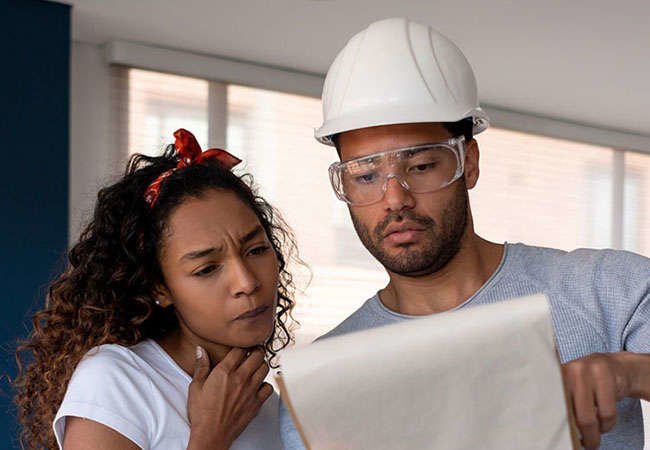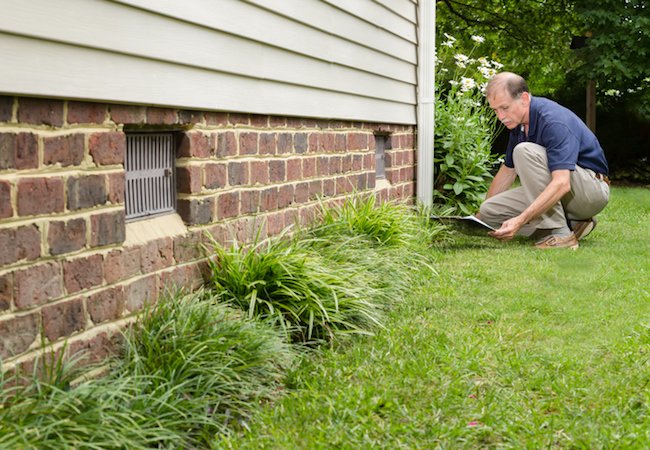We may earn revenue from the products available on this page and participate in affiliate programs. Learn More ›
Set Expectations First
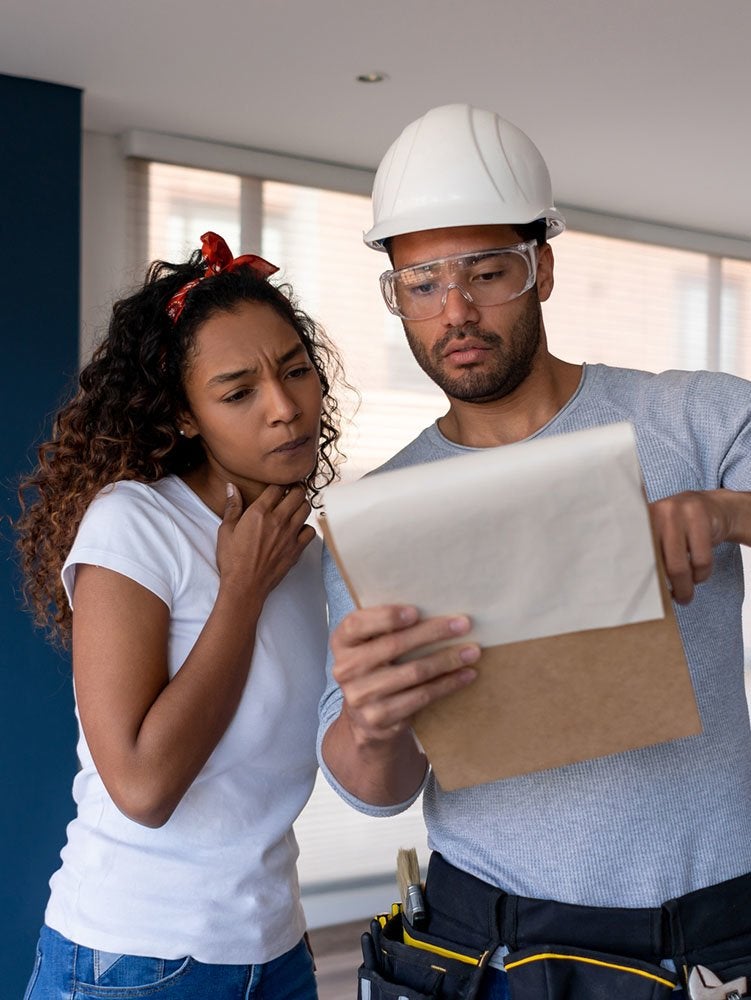
The best way to ensure a successful project is to sit down with your contractor before construction starts and share your concerns and expectations. Discuss a probable timeline and be candid about your budget. Ask the contractor what he expects of you in the way of payments, meetings, and change orders, and find out how communication will be handled once the project begins.
Sharing Bids

When you ask a contractor to submit a bid, don’t then go on to share that bid with another contractor. If you do, you’re undermining the contractor who submitted the bid. Sharing bids isn’t fair to any contractor, and it’s unethical. If a contractor finds out you shared his bid, it’s unlikely he’ll ever bid another project for you.
Stating That You’re Going with the Lowest Bid

All homeowners want to get their projects done for a reasonable cost, but it’s a mistake for homeowners to tell contractors who are bidding that they will be taking the lowest bid. In fact, some contractors may refuse to bid the project because they know cutting costs means cutting quality, and they have a reputation to uphold.
Underbudgeting
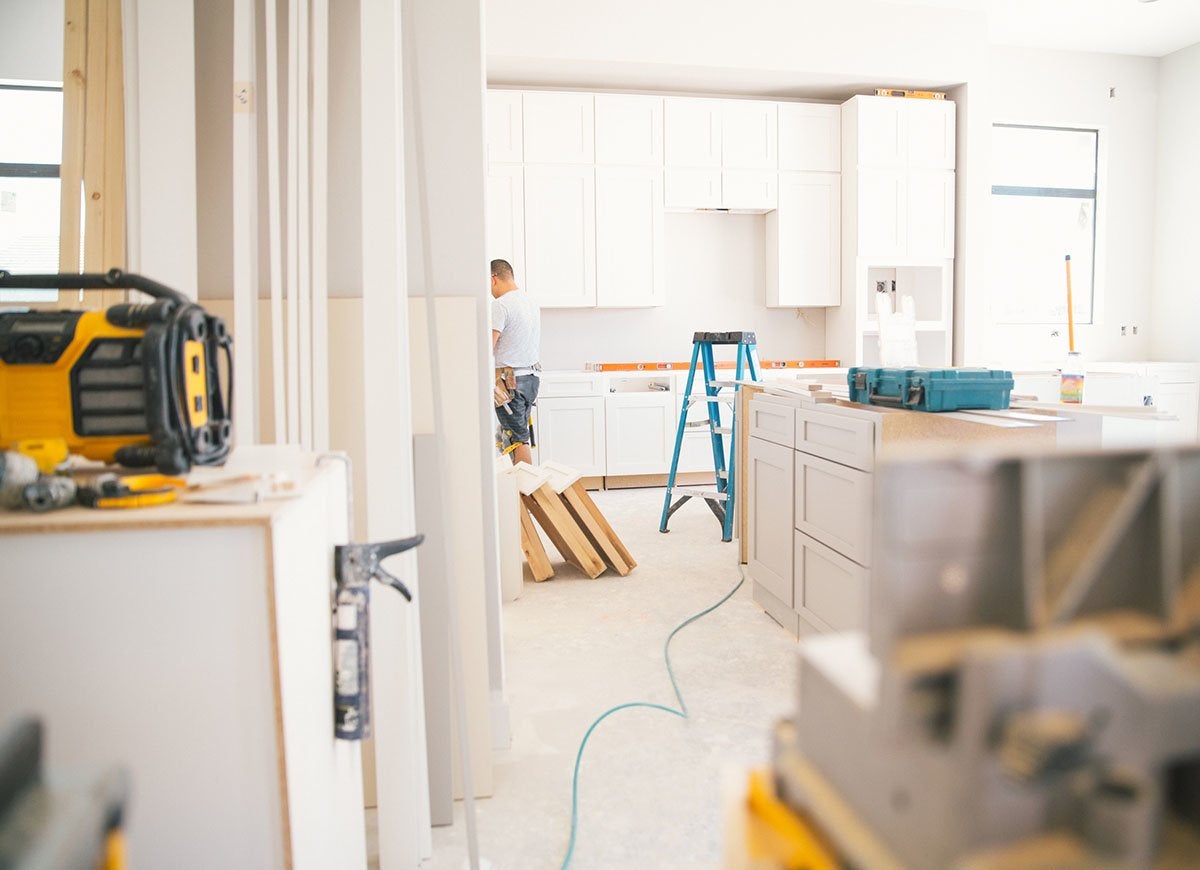
It’s easy to go over budget. Once a project gets underway, homeowners have a tendency to add small things here and there—say, an extra window or a skylight. All those additions and little extras add up, and if you don’t set aside money for them in advance, you could run low toward the end of the project and have to cut back on something you really wanted.
Related: 10 Things Your Contractor May Not Be Telling You
Visiting Too Often

We get it—construction projects are exciting and you want to be part of the process. The problem is, when the homeowner is on the job site, the contractor and subcontractors feel as though they have to stop and explain what they’re doing, which brings work to a grinding halt. If you visit on a daily basis, don’t be surprised if the project exceeds its scheduled end date.
Children on the Job Site

Construction sites are dangerous, and they’re not a place for children. Open basements present a risk of falling, wall studs may have sharp nails sticking out, subflooring may not be screwed down yet, and tools (and power cords) are in use throughout the site. Whether during or after work hours, don’t let your kids (or pets) visit the job site. Keep the kids away until the contractor says it’s safe for them to visit.
Charging for Your Labor
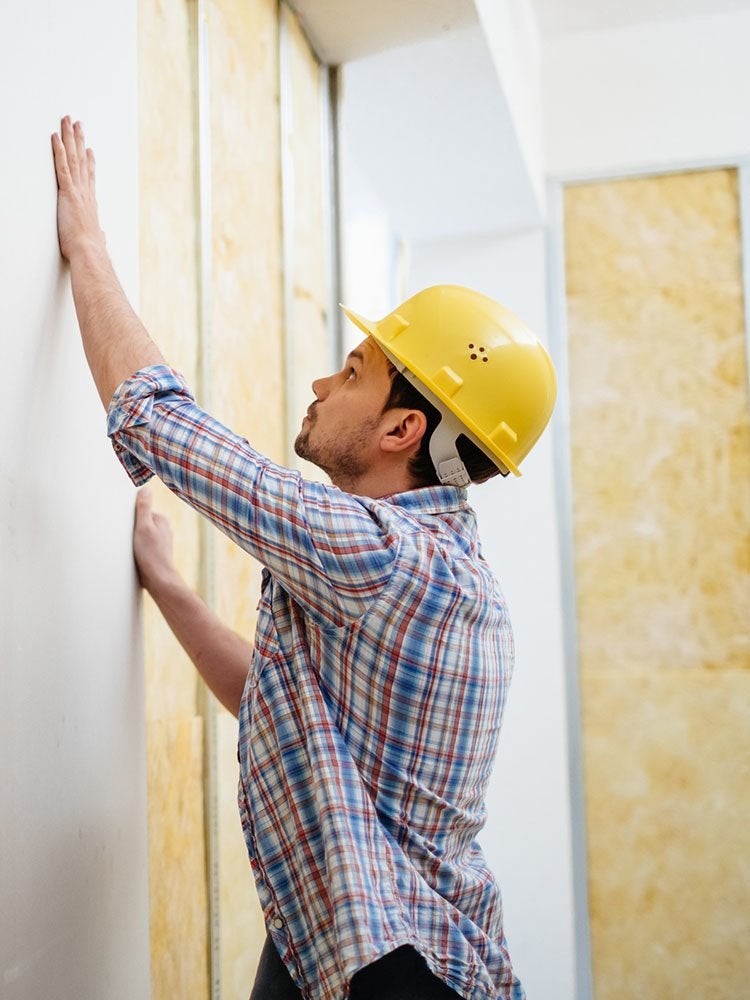
Homeowners often want to be part of the process, and many contractors will work with them—allowing them to paint bedrooms or pick up trash. Unfortunately, some homeowners believe that the time they spend helping should be subtracted from the contractor’s labor charges. While the contractor may subtract a small amount, keep in mind that your contribution doesn’t have the same value, or merit the same hourly wage, as the work of a trained professional.
Insurance Fraud

If a home has been damaged by hail, fire, or even a fallen tree branch, homeowners insurance will usually cover the cost of repairs, less the homeowner’s deductible. Homeowners shouldn’t—but often do—ask contractors to submit inflated bids so the excess amount will cover their out-of-pocket costs. This puts an ethical contractor in a bad position, and he may choose not to work with you at all.
Lack of Communication

If you don’t understand something—or if you don’t like something—don’t just stew about it. Bring up any issues with your contractor before they become points of contention between the two you. If a subcontractor is rude to you, or if you don’t want workers smoking in your new home after the walls have been painted and the carpeting has been installed, tell the contractor promptly so he can take care of the problem.
Related: Decoding Shop Talk: Here’s What Your Contractor Is Actually Saying
Being an Armchair Expert

If you did your due diligence before hiring your contractor—for instance, you checked to ensure he was licensed and bonded, and he came through with flying colors when you checked his references—let him do his job. Homeowners who watch YouTube videos or Saturday morning home improvement shows and suddenly think they’re construction experts are very annoying to contractors.
Not Paying on Time

Construction and remodeling projects are expensive. To keep the cash flowing in, most contractors set up a schedule that stipulates payments at specific points during construction—for example, one payment due after the basement is poured, another after the roof is completed, and so on. When you fail to make the scheduled payments, you’re putting the contractor in a bind because he still has to pay his subcontractors and suppliers for the labor and materials for your project.

